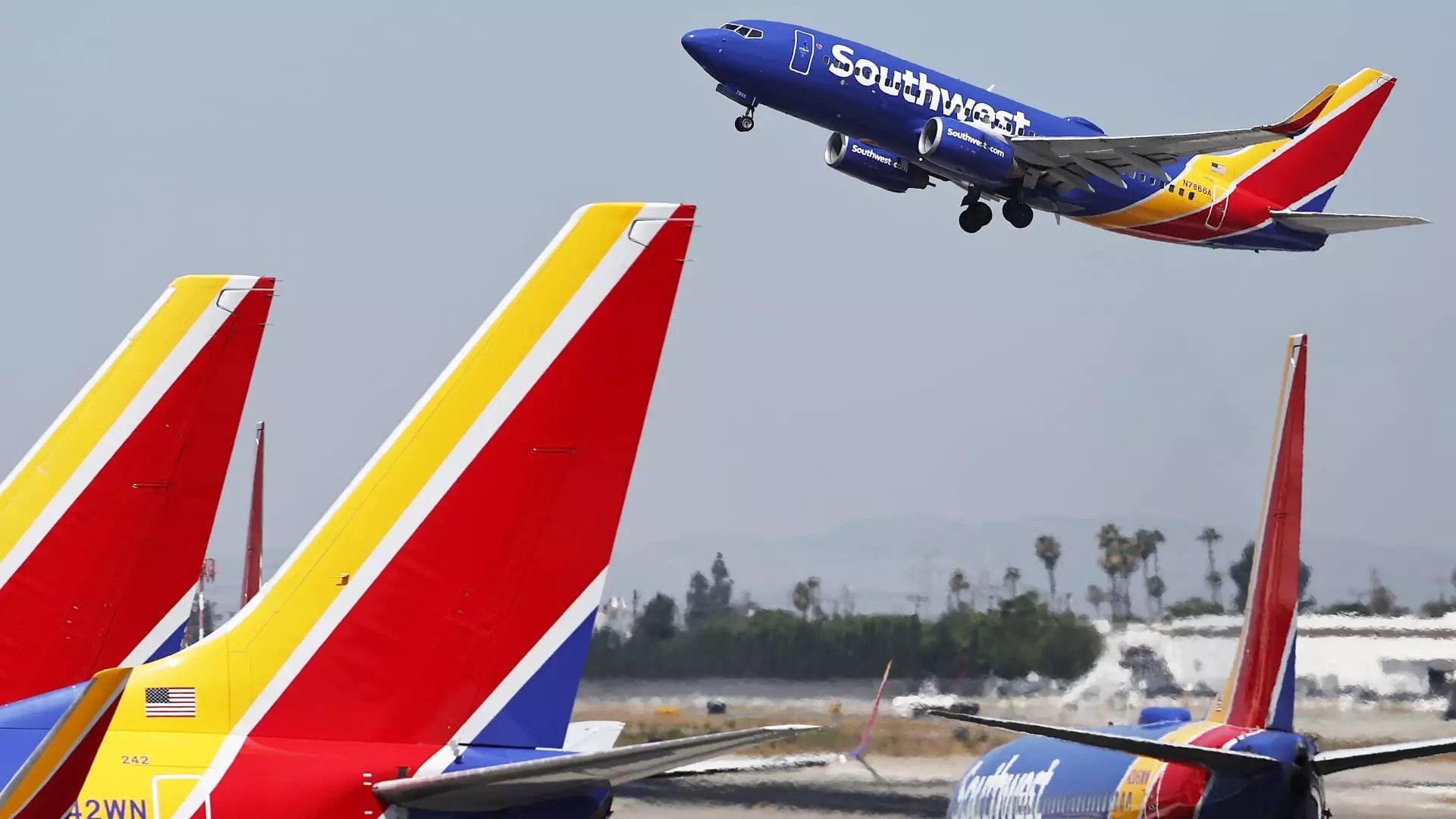Southwest Airlines recently made headlines with the announcement that executive chairman and former CEO Gary Kelly will be retiring next year. This move comes in the midst of pressure for changes from activist investor Elliott Investment Management. Kelly, who has been part of the Southwest team for nearly four decades, played a pivotal role in the carrier’s success. However, it seems that the time for change has come, as indicated by Kelly himself in a letter to shareholders.
In response to calls for leadership changes by Elliott, Southwest Airlines revealed that six of its board members will be retiring in November. Additionally, the company plans to appoint four new independent directors in the near future, with consideration given to up to three of Elliott’s candidates. This board shake-up signals a significant shift for the airline, as it navigates through challenges in the industry.
Elliott Investment Management, holding a nearly $2 billion stake in Southwest Airlines, has been advocating for leadership changes at the carrier. The investor’s push for change has been met with some resistance, with Southwest’s statement expressing unanimous support for CEO Bob Jordan. Despite the tension between the airline and the activist investor, Southwest seems to be open to incorporating some of Elliott’s suggestions into its decision-making processes.
Southwest Airlines has faced various challenges in recent years, including an oversupplied domestic U.S. market, higher costs, and aircraft delivery delays from Boeing. These issues have put pressure on the carrier’s once-unbreakable business model, which had set a precedent in the U.S. airline industry. The decision to offer extra legroom on its aircraft, scrap its open seating policy, and introduce overnight flights represents a significant departure from its traditional approach.
As Southwest Airlines prepares for its investor day in September, it remains focused on charting a new course for the company. With changes in leadership and a renewed focus on innovation, the airline is positioning itself for success in a highly competitive industry. The evolution of leadership at Southwest not only reflects the shifting landscape of the aviation business but also underscores the importance of adaptability and strategic decision-making in turbulent times.


Leave a Reply